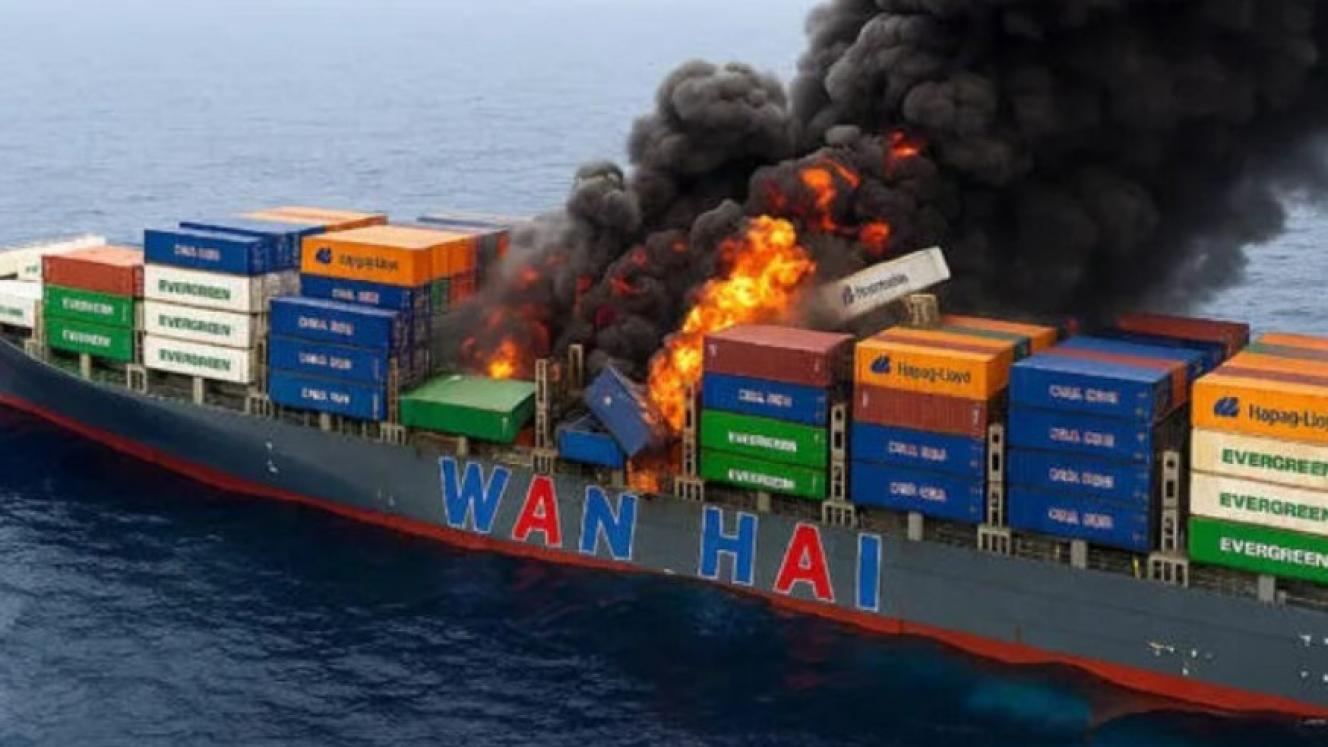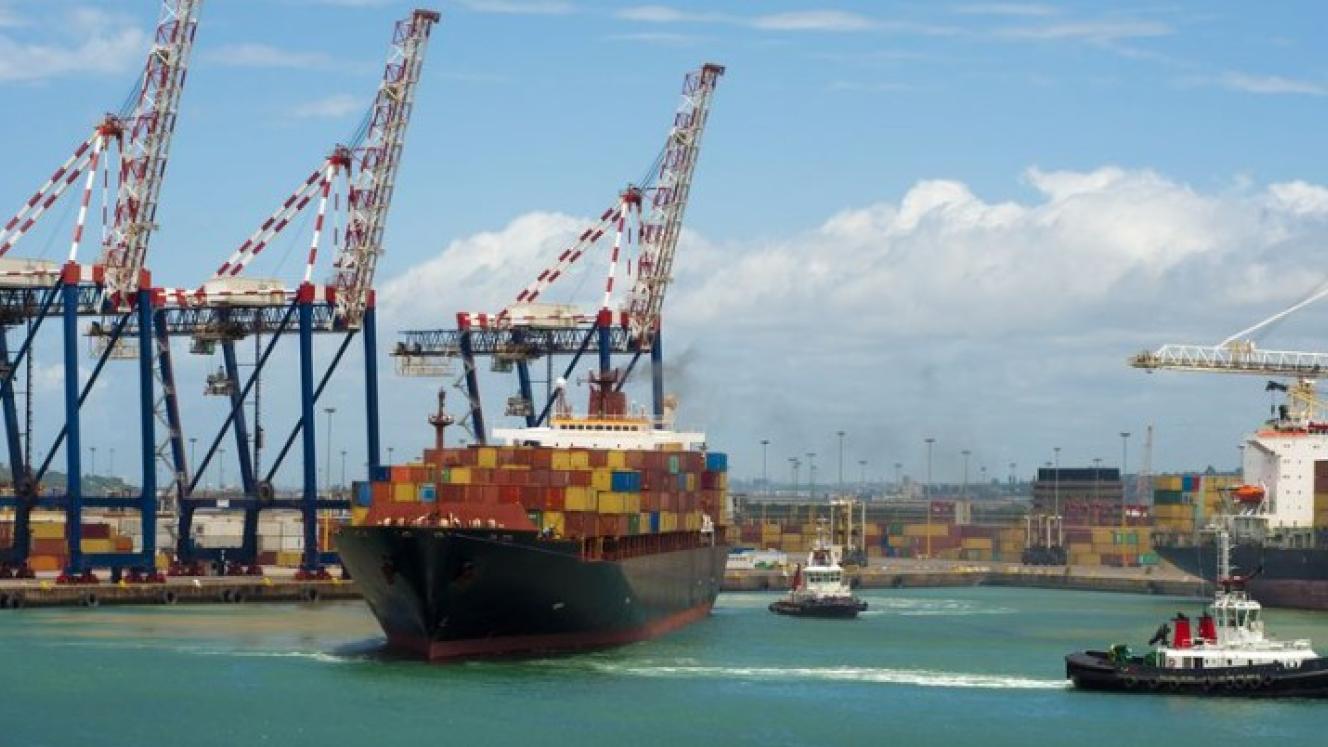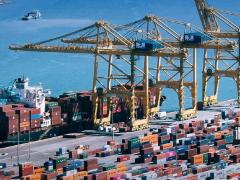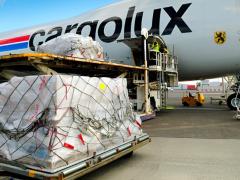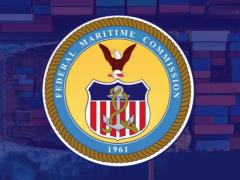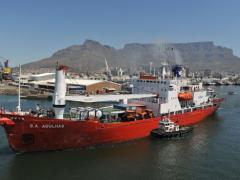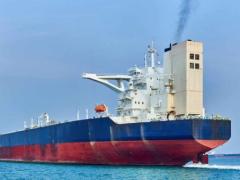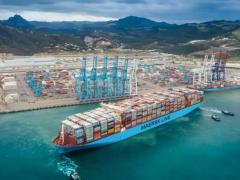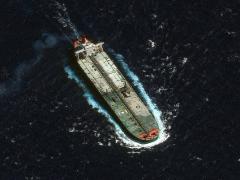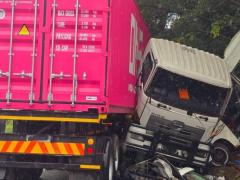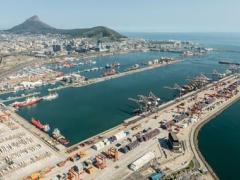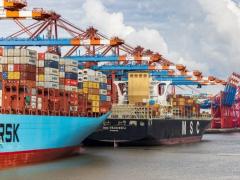The World Shipping Council (WSC) has launched a new industry-wide Cargo Safety Programme to detect misdeclared and undeclared dangerous goods – a leading cause of shipboard fires that have been increasing in both frequency and severity.
The initiative will be rolled out globally across ocean carriers and is designed to protect seafarers, vessels, cargo and the marine environment.
At its core is an AI-powered cargo screening tool, developed by the National Cargo Bureau, which scans millions of bookings in real time. The system applies keyword searches, trade pattern recognition and algorithms to flag potentially high-risk shipments for carrier review and, where required, physical inspection.
Alongside the digital screening, the programme introduces common inspection standards and an incident feedback loop, ensuring that lessons from past cases are used to strengthen preventive measures. Carriers representing more than 70% of global container capacity have already committed to the scheme at launch.
WSC President and CEO Joe Kramek said the programme added a crucial layer of protection against ship fires linked to misdeclared cargo, which Allianz’s 2025 Safety & Shipping Review attributed to more than a quarter of cargo-related incidents.
He underlined that proper declaration of dangerous goods was not only a legal requirement but the essential starting point for safety.
The launch comes amid a troubling rise in fires at sea. Allianz reported 250 shipboard fire incidents in 2024, the highest number in more than a decade, with nearly one-third involving container, general cargo or roll-on/roll-off (ro-ro) vessels.
Already in 2025, several serious cases have underscored the risks. In June, the Wan Hai 503 caught fire off the coast of India, resulting in the deaths of four crew members and leaving the vessel gutted.
Earlier in the year, the Grande Brasile caught fire in the English Channel, the Grande Congo suffered a fire in the Atlantic, and the crew of the ASL Bauhinia were forced to abandon ship in the Red Sea after a blaze on board.
Experts warn that container ship fires occur on average once every two months worldwide, and their severity is worsening as vessels grow larger and carry more complex cargoes, including lithium-ion batteries.
The combination of high-risk materials and insufficient onboard firefighting capability has made prevention more critical than ever.
By combining artificial intelligence, harmonised inspection standards and structured feedback, the WSC’s Cargo Safety Programme aims to raise the industry’s safety bar. While it will not replace shippers’ legal duty to declare dangerous goods accurately, it provides carriers with additional tools to identify risks before they result in catastrophe.
With the number of fire incidents showing no sign of decline, the initiative is widely seen as a timely step in tackling one of the most pressing safety challenges in global container shipping.
